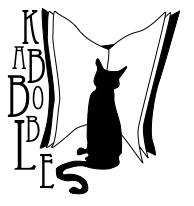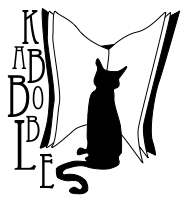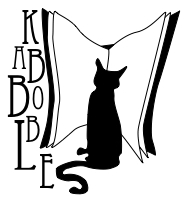One of the bane’s of a writer’s existence has to be that there is never enough time.
There will always be more stories than can be written. It’s an inescapable fact.
I tried to say once that even if all I did was write for a year, I’d never get through half of my stories for a particular subject. It was pointed out to me, very wise and correctly, that half was optimistic.
I’m not optimistic by nature, but that’s a different story.
The point of this being that there’s always something new that wants to be written or something old that was abandoned that wants to be picked up. There’s never enough time in a given day to do as much writing as wants to be done. I say that as a fairly fast writer. Depending on the day, I can come up with at least 10,000 words, if not more.
For instance, in the space of about ten days, I wrote 76,307 words on one story, all the while working on my Nano fic and getting about 20,000 words on it. So, I wrote about 96,000 words in those ten days, roughly that 10k a day.
So, say I wrote 10,000 words a day, every day. Nano novels are 50,000 words long. That would give me a Nano novel every five days, in theory.
Why don’t I have a novel every five days? Other than actually having to do something besides write every now and again (though admittedly not doing as much of those non-writing tasks as those around me would prefer), of course.
My problem isn’t with speed.
No, my problem is with attention and inspiration. Recently I started tricking myself with the whole “this project must be done so that one is like cheating” thing, making one or more of my other stories “guilty pleasures.” That means that I keep up a certain amount of work on the one story, and then the others get to be like… fun. More fun. Writing is almost always fun.
So really, the reason why I don’t have another finished novel yet this month is not about speed or even dedication. It’s that there’s never enough time, and when you have all these stories competing for your interest and time, you end up with some kind of crazy form of ADD that says, “ooh, look, shiny” and tries to drag you away from what you’re working on.
Did I need another story to compete with The Monster in My Garden Shed? No. I really didn’t. I already have the blog story, The Not-So-Super Superhero, that I am also working on. That didn’t matter. I couldn’t not work on the one with Effie in it, the one I’m going to call Nickel and Dime for now, after Effie’s store.
In some ways, I think that the pressure helps, having all these things to do. I keep waiting for the point where it breaks me, but I think self-preservation kicks in before that happens–I did that with In the Family, finished it to give myself some relief… Then I started working on All the Men in My Life and restarted the cycle. Is that healthy?
No. Oh, definitely not.
I’m dysfunctional.
I talked before about multitasking. About window flipping. Well, I need that window flipping with stories, too. Sometimes it’s nice to go to something else for a break. Sometimes it’s impossible to balance. Sometimes it’s necessary to leave a story alone for a while.
There’s always so many to choose from… Not hard to rotate through them.
The hard part is keeping more ideas from coming to distract you with their newness and shininess.






